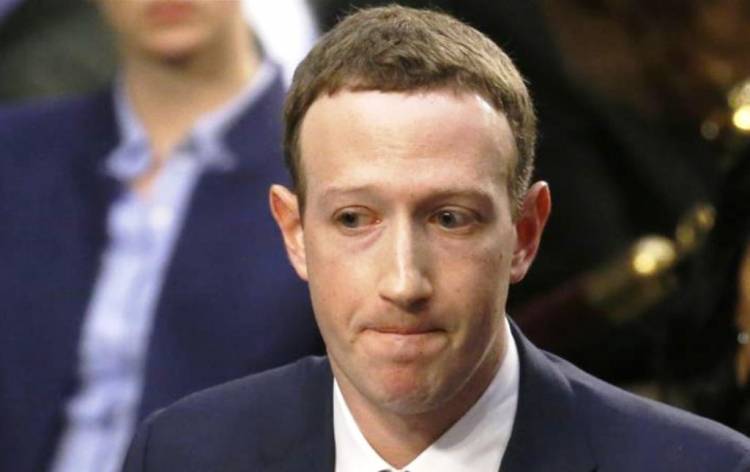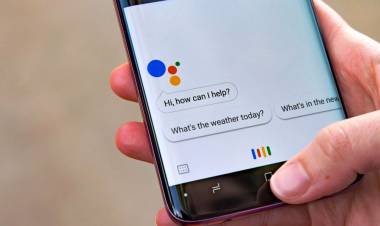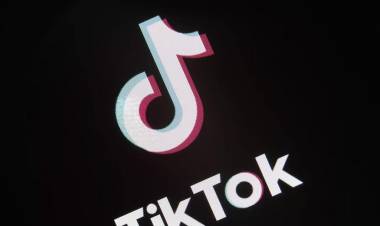Records Show Facebook Knowingly Took Money from Unwitting Children
As indicated by recently unlocked court reports, Facebook knew about youngsters aimlessly discarding their parent's cash on Facehook-associated diversions, thought of an answer, however then chose to do nothing since it would back off income.
The records come from a legal claim and were first given an account of by analytical news site Reveal. Glancing through more than 135 pages including inward Facebook reminders from 2010 through 2014, Reveal's detailing demonstrates that the organization effectively decided not to help guardians in either halting their kids' spending on misdirecting buys or recovering their cash.
The issue begins with recreations like Rovio's Angry Birds, Zynga's PetVille, and Emagist Entertainment's Ninja Saga. These recreations are allowed to download yet come pressed with chances to spend real cash to progress further. These money installments are intended to look like things inside the diversion, and it's simple for a kid not to acknowledge what they're doing.
It's a plan of action that has been known for quite a long time—in 2015, performing artist Jack Black went on The Tonight Show and said his child had burned through $3,000 on such buys. Different archives demonstrate that a few youngsters burned through $6,500 on in-amusement purchases.The reports demonstrate that Facebook took a light tone inside with these buys, alluding to the kids in gambling club talk as high-spending "whales" and their buys as "agreeable misrepresentation." Parents' grievances would fail to receive any notice at the web based life monster, constraining them to experience organizations like the Better Business Bureau or notwithstanding deriving expensive chargeback charges from Mastercard organizations to recover a portion of their cash.

In 2011, a Facebook representative named Tara Stewart started investigating how to keep these charges. "It doesn't really resemble 'genuine' cash to a minor," she noted.
As indicated by court records, Stewart and her group chose to require a Mastercard present for each buy—the purchaser would need to enter the initial six digits of their card before the deal was finished. The framework seemed to work, with guardians' solicitations for discounts and chargebacks dropping. Considering the framework a decent "initial step," Stewart noticed that it "powers the minor to demonstrate he is in control of the Visa."
In any case, Stewart's examination additionally demonstrated that this framework could cost Facebook income. A prior inward investigation demonstrated that in a three-month timespan, October 12, 2010, to January 12, 2011, kids had burned through $3.6 million on these diversions. Stewart's framework was not actualized.
Uncover's announcing, which merits perusing in full, talks about inside and out how these organizations concealed the buys from kids and guardians alike, just to discover them on the following telephone bill. This proceeded until a claim settlement in 2016.
"Facebook works with guardians and specialists to offer instruments for families exploring Facebook and the web," the organization said in an announcement. "As a major aspect of that work, we routinely inspect our very own practices, and in 2016 consented to refresh our terms and give devoted assets to discount demands identified with buys made by minors on Facebook."
Source: Reveal

 admin
admin 



















Comments (0)
Facebook Comments (0)